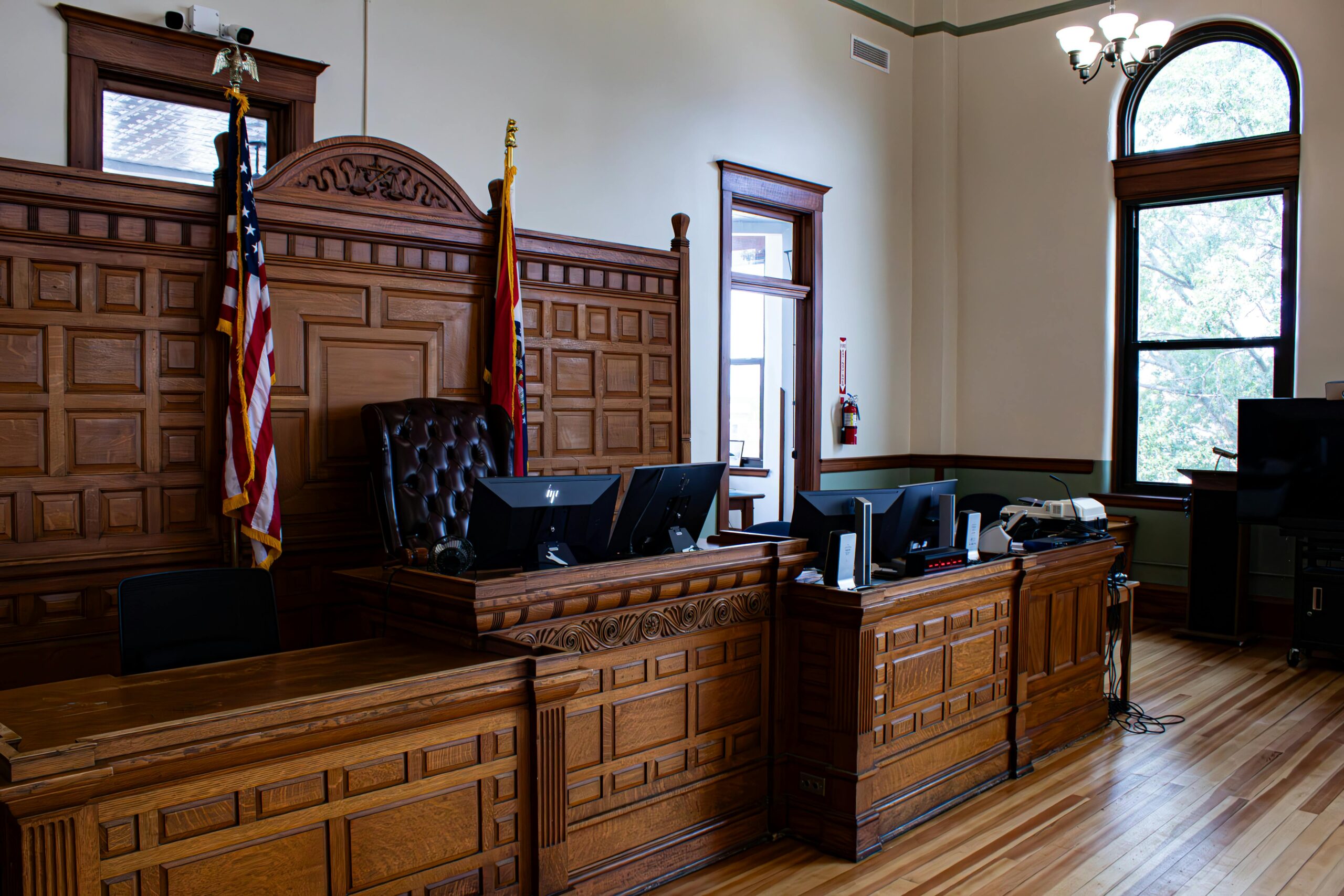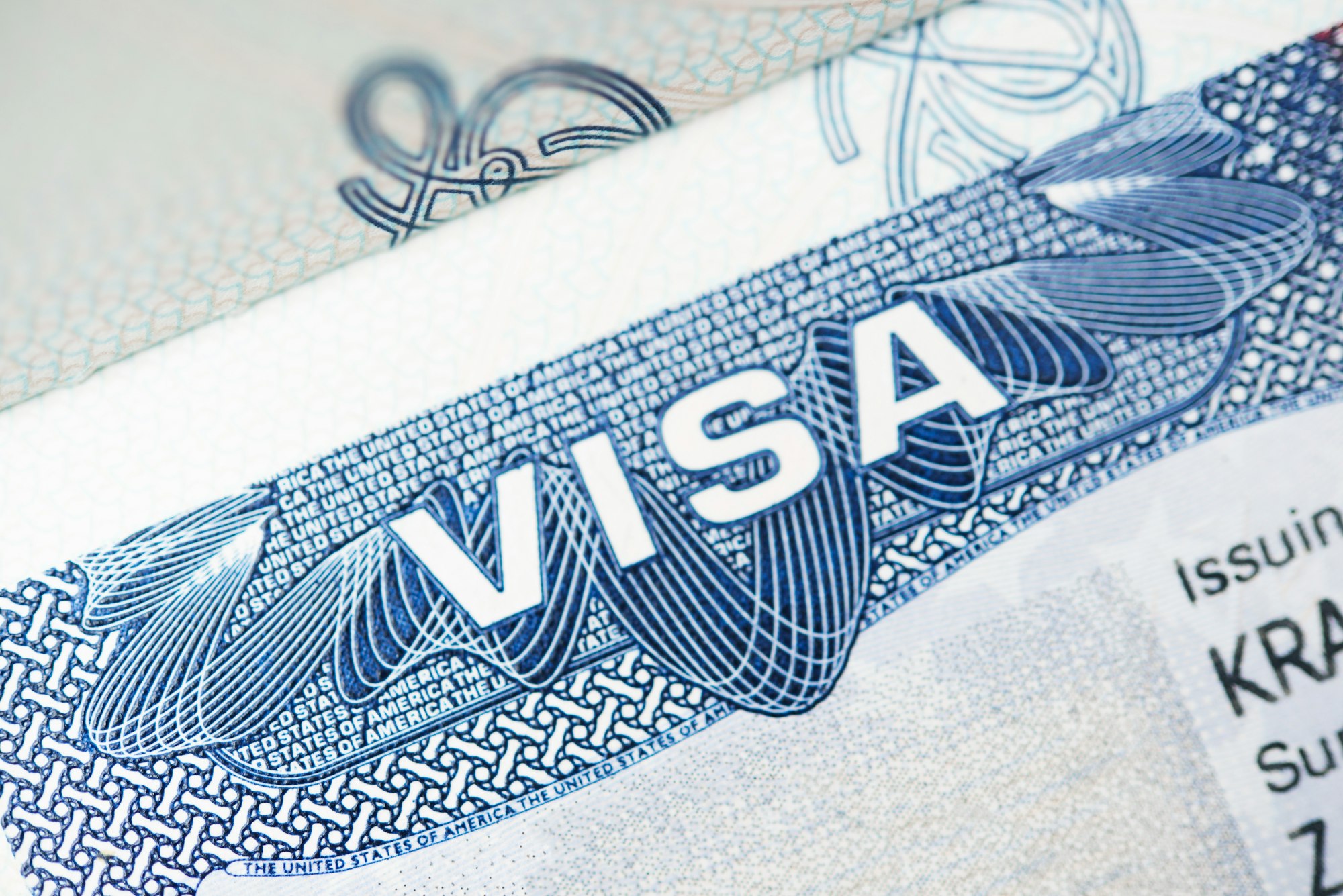Now Reading: Litigation Explained: What It Really Means in Personal Injury Cases
-
01
Litigation Explained: What It Really Means in Personal Injury Cases

Litigation Explained: What It Really Means in Personal Injury Cases
If you were recently injured by another person’s negligent actions, you may need to file a personal injury case. You’ve likely heard the term ‘litigation’ mentioned as you’ve started the process, but you may not understand what it means.
What does litigation mean in a personal injury case? Put simply, it is the process of suing someone for damages for your injuries. This process begins when you file a complaint or claim against the at-fault party. It involves many steps, which your personal injury attorney will walk you through until your case is resolved.
The Steps of Litigation in Your Personal Injury Case
When you have been hurt because someone else was negligent, these are the following steps you can expect in the litigation process.
Pre-Litigation
Before officially filing your lawsuit, you can try to resolve your dispute through negotiations. This is often where those who have suffered injuries realize they are not being offered enough to cover the expenses incurred from this event.
Filing a Complaint
If no agreement can be reached, your attorney will file a complaint with the court. This complaint will outline the allegations you’re making against the at-fault party and the compensation you seek.
After this complaint is filed, it will be served to the defendant. They will then have a set amount of time to respond to your complaint.
Discovery
In the discovery phase, the attorneys of the plaintiff and defendant request more information and evidence from one another. They can take depositions from witnesses as well. This phase allows both sides to gather the evidence they need to prepare for trial. Motions may be filed to request a certain action such as dismissing the case or excluding certain evidence.
Pre-Trial Proceedings
A pre-trial conference may be ordered by the judge, allowing both parties to try to reach an agreement. During these negotiations, it is possible to resolve the issues and put the case to rest. If not, litigation proceeds with a trial.
Trial
If negotiations and alternative dispute resolutions have not been fruitful, the litigation process will move to a trial where both parties will present their arguments and evidence to a judge or jury.
Appeal
If you are unhappy with the final ruling in your trial, you have the right to appeal this decision to a higher court. Similarly, the defendant may feel the ruling was unfair to them and may also enact the appeals process.
What Else to Know About Litigation
Litigation is the most complex and time-consuming way to resolve a personal injury case. Not all personal injury cases go to trial, and in fact, the majority of them are settled during negotiations.
When considering a settlement offer, you must review it with an attorney. You may not have taken into account the future impact of your injuries. While a quick settlement may resolve your current financial woes, it may not be enough to provide for your future medical treatments.
You shouldn’t wait too long to make your decision about pursuing litigation. In Massachusetts, the statute of limitations on personal injury cases is three years starting from the date of your accident. If you wait too long, you will miss this deadline and be unable to pursue your lawsuit.










